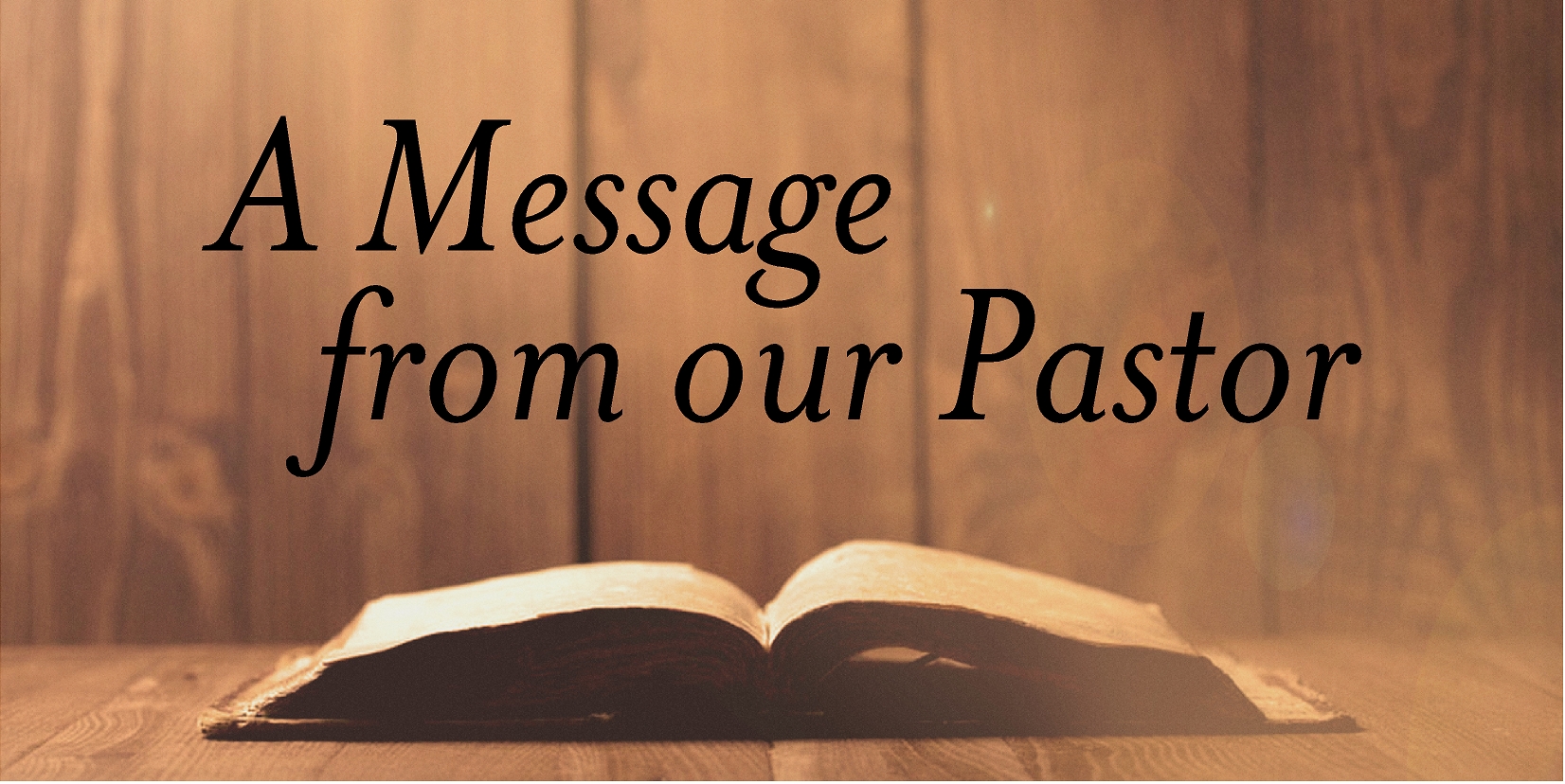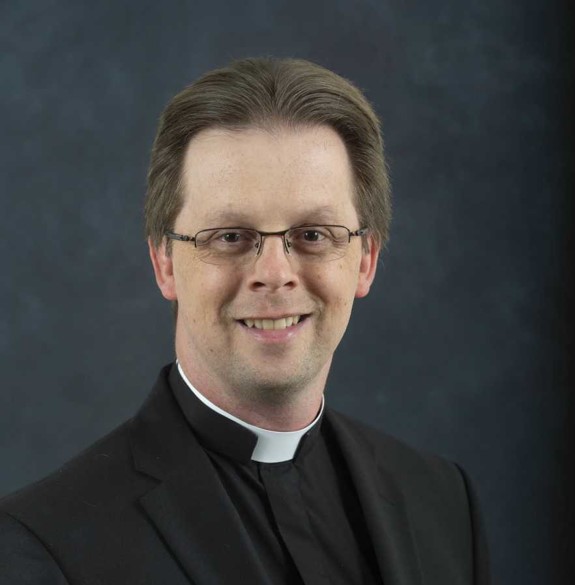March 30, 2025
Brothers & Sisters in Christ,
We Americans move about quite a bit. Few people die on the same property where they were raised. Now, we may have second thoughts about selling our house, but we rarely have second thoughts about selling the land on which the house is standing. An exception might be among some farming families who can trace their ownership of their farm back for many generations. But even those whose families have owned their land the longest in the United States cannot trace their family’s ownership before the sixteenth century. Perhaps Native Americans can trace their ownership of land before then, but they certainly cannot go back a thousand years, if any could go that far back.
We sell property with the same ease as we sell anything. We might have a family tie to the land, but that is usually sentimental.
The ancient Hebrews were not attached to their property for sentimental reasons. Far more, they saw their land as a gift from God, as their portion of the Promised Land. When the Exodus from Egypt ended and the Hebrews defeated the Canaanite, Hittites and other people living in the Promised Land, they divided up the land among each family. Since the Promised Land was given to them by God, then the property of each family was a share of God’s gift.
With that in mind, we can see the heavy weight of the Prodigal Son’s sins. As the younger of two brothers, he had a right to one-third of his father’s property, after the father died, of course. He and his brother were expected to work the property for their father while he was still alive. But the younger son wanted his inheritance immediately. He then sold the property and took his money to a foreign country where he squandered everything. So, he didn’t just sin against his father, he sinned against God. When the money ran out and he, a Jew, was forced to care for pigs, longing to eat their slop, he ran home. His father could have turned him away, saying that he could not have someone in his house who had offended God, but he did not.
Instead he gave a banquet for his lost son. Sadly, the elder brother was not so forgiving and excluded himself from the banquet of the Father’s love.
Let’s stay with the first part of the parable. The younger son, the prodigal, squandered his inheritance. He squandered his portion of the Promised Land given by God to his ancestors. The question we have to ask ourselves is whether we have cared for our inheritance or whether to some degree or another we have squandered our inheritance.
We are sons and daughters of God. We each have an inheritance, a portion of the Kingdom of God. We have been given the life of the Gospel, eternal life. When we sin, we commit an offense against Jesus Christ, God the Son, who gave us his life. That is why there is no such thing as an inconsequential sin. Every sin wears down or destroys the life of God we have been given. Every sin is a sin against our inheritance. Added to this every sin, even hidden sins, effect the Body of Christ, for when one part of the body hurts the entire body hurts.
“Father, I have sinned against Heaven and against you.” The Prodigal son recognized the twofold weight of his sin, against God and against his father. We need to do the same. We need to recognize the weight of our sin, against God and against his people. And we need to realize that when we repent our loving God, our Forgiving Father, continually picks us up and celebrates our returning to his home.
And we need to proclaim to the world the great mercy of God. In today’s second reading, St. Paul tells the Corinthians that just as we have been reconciled to God through the Blood of Christ, we have been entrusted to bring the ministry of reconciliation to the world.
The Forgiving Father does not sit back looking at our waddling in the pig slop and say, “Well he got what he deserved.” No he calls for us to come home. So many people need to hear the message that God forgives them and calls them to his banquet of love. There are so many people who have given up on themselves. Perhaps they are one of your brothers or sisters, one of your friends or neighbors, one of your children or grandchildren who have decided that they are a lost cause, worthy of eternal damnation. Their actions seem to worsen every day. They have given up trying to conquer evil in their lives. They have let evil conquer them. They need us, you and me, to say to them, “Do not give up! Be reconciled to God. He has not given up on you. He is standing at the door of his house, looking across the field, waiting for his prodigal son or daughter to come home. You have hurt yourself in many ways, you have hurt other people, people who loved you, but God has not given up on you. He still loves you. Come home. You are forgiven.”
Peace,
Fr. Steve

